OIC summit on Gaza war litmus test for Muslim body’s credibility, relevance
By Alireza Hashemi
As the humanitarian crisis in Gaza amid the Israeli regime’s genocidal campaign assumes alarming proportions, Muslim nations are increasingly facing pressure to act fast and stop the Zionist killing machine in the besieged coastal territory.
Israel’s continuous bombardment of the strip since October 7, the crippling siege placed on the territory and its ground offensive has already killed more than 11,000 Palestinians, mostly women and children.
While Western officials have come out ferociously in defense of the child-murdering regime, Muslim leaders, especially those who have in recent years opened channels of communication with Tel Aviv, have found themselves at a crossroads – whether to defend the indefensible or take the right path.
Many countries have called on the Israeli regime to immediately end its aggression and to allow humanitarian aid to reach the blockaded territory, but the regime has rebuffed the calls and continued the slaughter of Palestinians.
Amid the extraordinary situation that is emerging, the Jeddah-based Organization of Islamic Cooperation (OIC) is set to hold a summit of the heads of state on Sunday to discuss the brutal Israeli assault on Gaza and ways to put an end to it.
The 57-member bloc has frequently spoken out against attacks on civilians in Gaza. Last month, it held an extraordinary meeting on the crisis, which called for an immediate halt to Israeli aggression against Palestinian civilians.
This week, the OIC lashed out at a recent threat by an extremist Israeli minister to use nukes against the Gaza Strip, saying it reflects “organized terrorism and the crime of genocide committed daily by the Israeli occupation.”
The world has so far failed to reach a consensus on how to deal with the conflict, as reflected by the US vetoing the UN Security Council resolution calling for an end to Israel’s attacks, effectively green-lighting more atrocities by the regime.
In the absence of a functional global body reining in the regime, the onus lies on organizations like the OIC to mount pressure on Israel to end the bloodletting.
Why is it a make-or-break moment?
Most of the 57 members of the organization are expected to attend the meeting, with many heads of state having already arrived in Saudi Arabia.
Iran’s President Ebrahim Raeisi is also attending the summit. It will be the official visit to the Arab kingdom by an Iranian head of state since 2012, further consolidating the China-brokered normalization agreement between Tehran and Riyadh signed in March.
Nearly a month ago, the Israeli war on Gaza was also the topic of the first phone conversation between Raeisi and Saudi Crown Prince Mohammad bin Salman, in which they discussed the need to put an end to Israeli war crimes.
Iran was the first country to call for the OIC summit to discuss the Israeli onslaught on Gaza, with both President Raeisi and Foreign Minister Hossein Amir-Abdollahian raising the matter with leaders of the regional and Muslim countries.
The meeting will also be attended by Saudi Crown Prince Mohammad bin Salman, who might want to use the opportunity to reassert Saudi Arabia’s role in the region and the Muslim world.
Also in attendance will be Turkish President Recep Tayyip Erdogan, who has recently hit out at Israel in the wake of the developments in Gaza despite his country becoming a close ally of the Tel Aviv regime in recent years.
Expectations of the meeting are high. President Raeisi has called for “effective action” by the OIC to halt Israeli attacks on the Gaza Strip immediately and to provide humanitarian aid to the crisis-hit region.
In a meeting with Erdogan on Thursday, the Iranian president warned that if the OIC summit fails to help the Palestinian people, the war will expand to the region as people would realize there is no other option but to take action themselves.
Erdogan, for his part, urged OIC member states to raise voices on Gaza and expressed hope that the decisions of the OIC summit could be a major step towards ending Israel's aggression.
“I attach great importance to the OIC summit. In Riyadh, we will both push for a ceasefire and carry out preliminary work regarding procedures and principles,” The Turkish leader said.
What are the options on the table?
OIC members differ on the ultimate solution to the Palestine conflict, but they are on the same page about what should be done urgently, which is a ceasefire.
Saudi Arabia still advocates its 2002 Arab Peace Initiative, which purportedly offers a “peace deal” under which all Arab states would recognize Israel in return for a Palestinian state created along the 1967 borders.
Iran doesn’t believe the Arab Peace Initiative is a viable solution to the conflict and instead has proposed a referendum on the fate of the Palestinian lands involving all the original inhabitants of those lands and their descendants, stressing that this would allow people to enjoy their right to self-determination.
Turkey has talked of a multilateral security arrangement for Palestine and the creation of an international protection force to guarantee the rights of the poor nation and is likely to push for its initiative in the meeting.
But what practical measures the Muslim leaders are likely to agree on to address the crisis?
Iran has already urged OIC members to impose an oil embargo on Israel, as well as other sanctions. Earlier this month, the Leader of the Islamic Revolution Ayatollah Seyyed Ali Khamenei called on governments to stop the exports of oil and other commodities to the usurping regime.
This proposal has an important precedent. Fifty years ago, in 1973, Muslim nations imposed an oil embargo on the US and its allies, which placed heavy pressure on the regime and its Western backers.
Interestingly, OIC member countries Kazakhstan and Azerbaijan supply a big portion of Israel’s energy consumption. Egypt, Jordan and Turkey are among other Muslim countries that have close economic ties with the regime.
Also, there’ve been calls for OIC countries to sever relations with the regime and expel all Israeli ambassadors.
The Hamas operation temporarily pushed Saudi Arabia away from the Israeli regime, disrupting the so-called normalization talks brokered by the US.
Some countries have called for the UN and the International Criminal Court (ICC) to investigate war crimes committed by Israel in Gaza and to prosecute Benjamin Netanyahu and his military aides.
This will significantly raise the cost of such atrocities for the regime, deterring similar crimes in the future.
Are Muslims ready to pay a cost?
There’s no stronger factor than Palestine uniting the Muslim world, and Israeli atrocities have reached almost unprecedented levels. Can Muslim nations agree on some serious action forcing a change in the regime’s tack?
The OIC has played a role in international conflicts, notably over Bosnia in the 1990s, when it threw its weight behind Muslims who were under attack by Serbian forces and helped save their lives.
In the present context, stopping the bloodshed would save thousands of Palestinian lives and also mean the victory of the Palestinian resistance, which would in turn push Israel to stop its genocidal attacks and admit defeat.
At the same time, OIC member states might have political, economic or strategic reservations over the proposals, particularly considering the influence the West wields over them. Notably, Saudi Arabia would likely be curbed by its desire to protect its relations with the US.
But if they announce unflinching support for Palestine and express readiness to pay the cost of practical measures against Israel, it can pave the way towards a fair and lasting settlement of the long-running conflict, in favor of Palestinians.
That normalization deal between Iran and Saudi Arabia helped promote stability in the region, the OIC meeting can serve as another step towards further consolidation of that rapprochement and further easing of tensions in the region.
Such a deal would also restore OIC’s credibility and allow it to gain a stronger international foothold to be able to do what it was established for.
The OIC’s establishment in 1969 was triggered by an arson attack against the Al-Aqsa Mosque, and now the conflict over the third most important holiest site in Islam can again unite the Muslim world around the Palestinian cause and be a turning point in the history of the Palestine conflict.
The Sunday summit could help the OIC return to its role as a robust political and economic bloc that was established to protect the interests of Muslim nations.
Hamas: Death of leader in Israeli jail amounts to murder
EU sends €1.5 billion to Ukraine from frozen Russian assets
VIDEO | Millions of Yemenis rally for Gaza, call for more anti-Israel operations
UN chief calls for Olympic truce as games begin in Paris
Paris Olympics begin as sports world reeling from loss of 400 Palestinian athletes in Gaza war
Iran warns ‘sworn enemies’, says sidekicks of US, Israel ‘displaced’ with bloody hands
New British govt. bends, drops plan to challenge ICC over Netanyahu arrest warrant
Tehran: Israel anti-Iran claim at Olympics aims to divert world attention from Gaza genocide


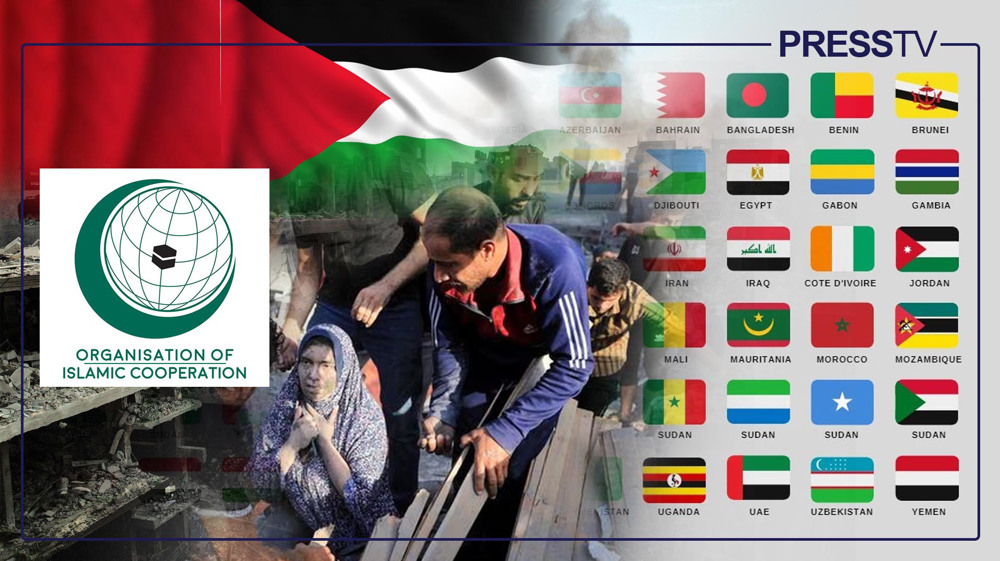
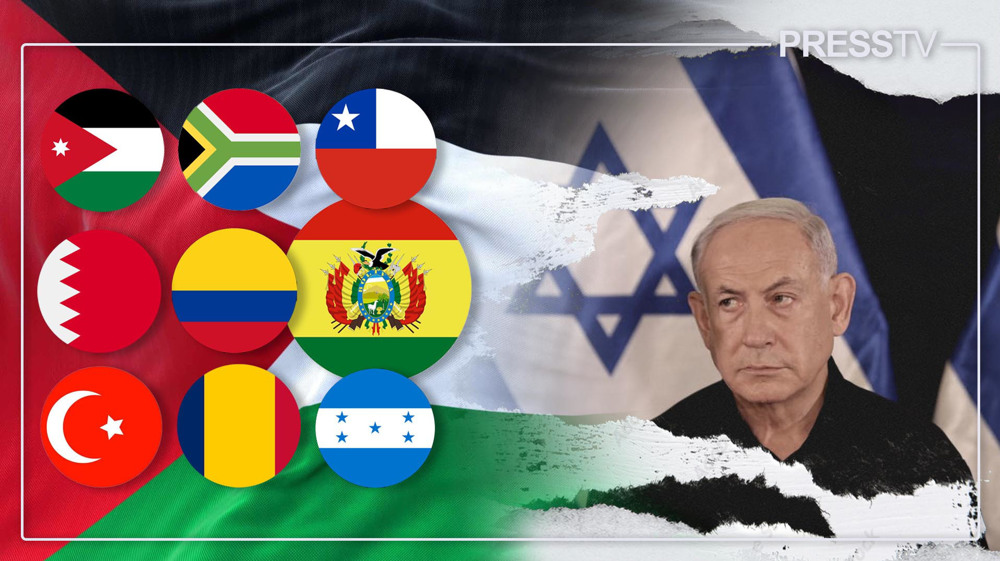
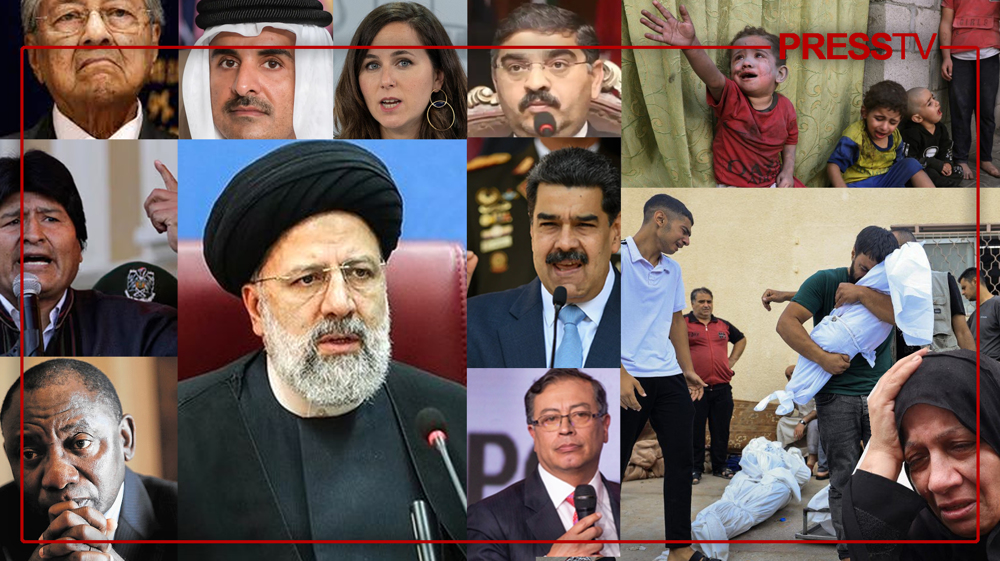

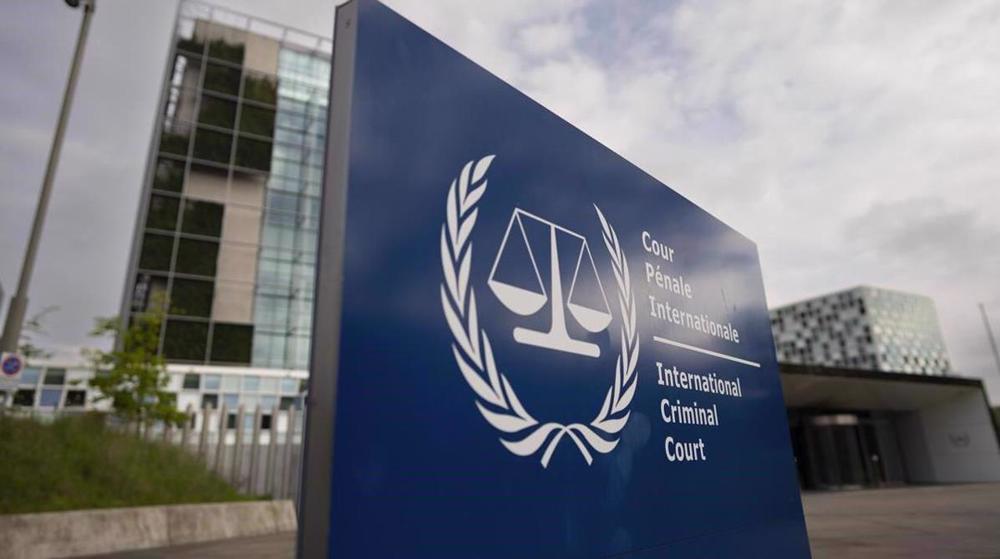
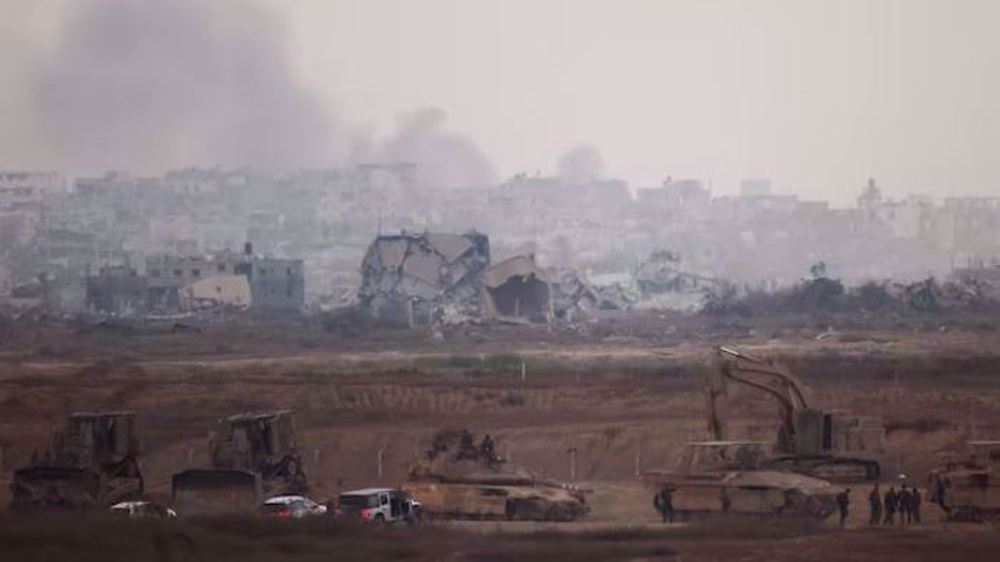



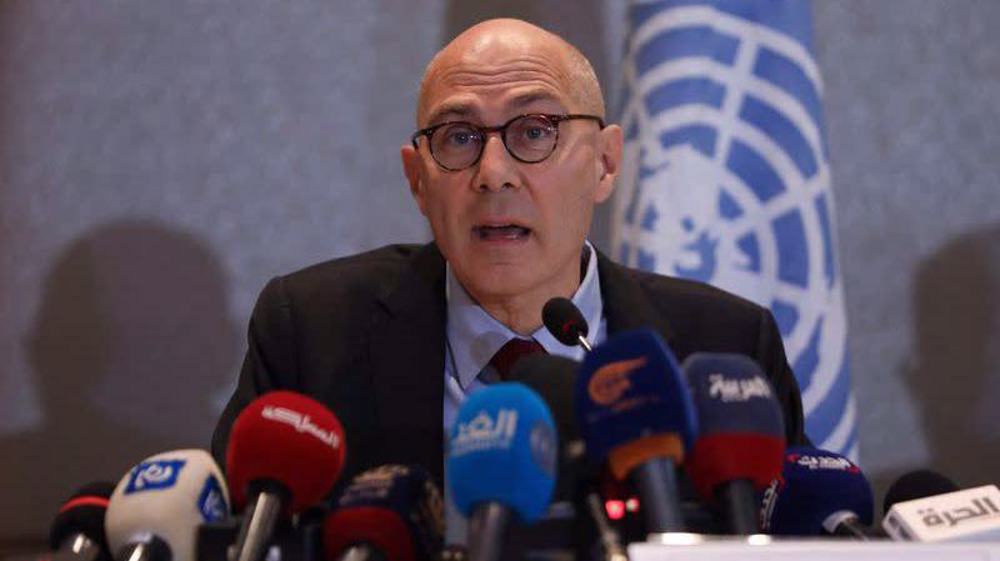
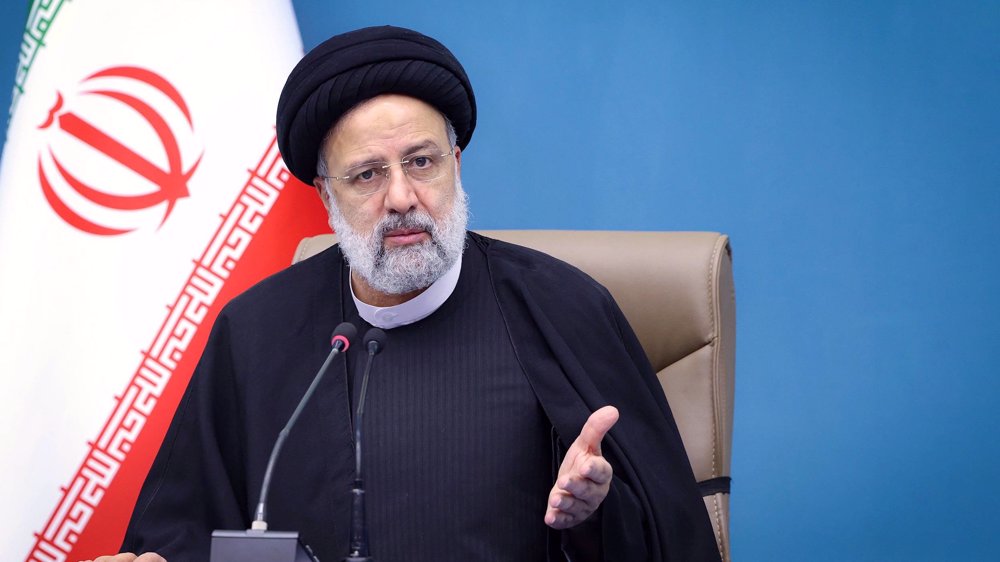
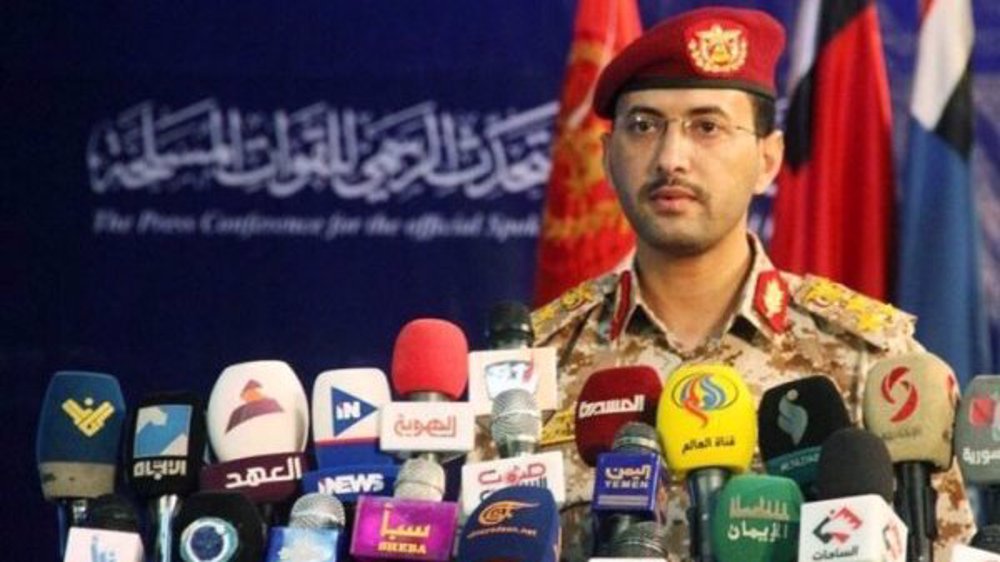
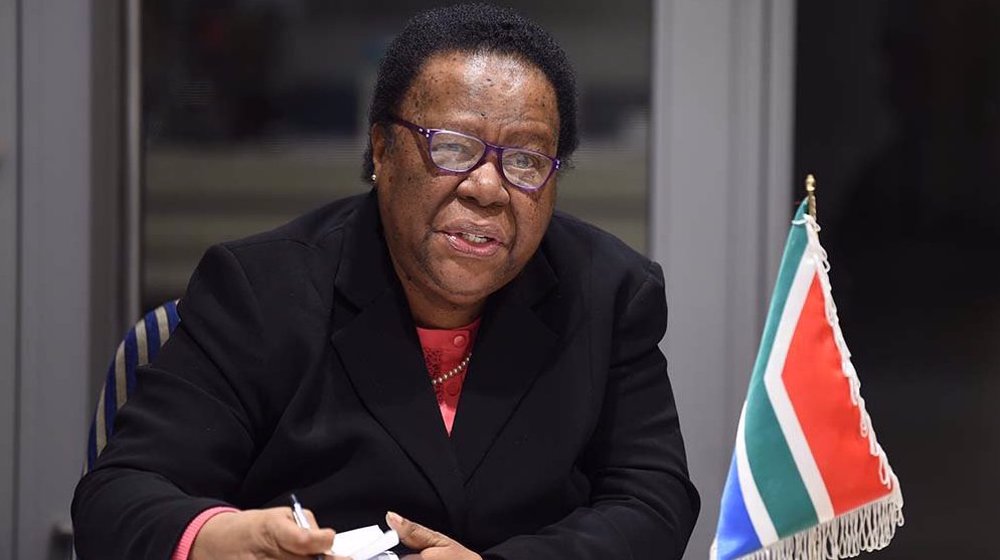
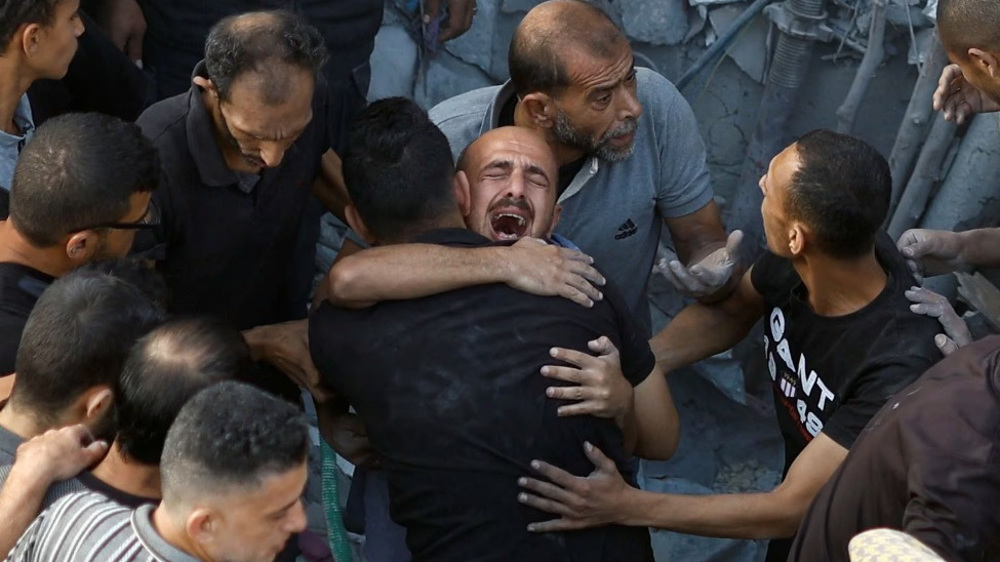

 This makes it easy to access the Press TV website
This makes it easy to access the Press TV website